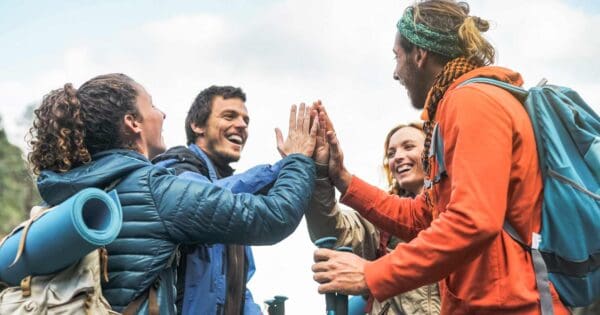Protecting What Matters
Position Statement on Protection, Funding, and Access to Natural Trails
Trail Hiking Australia calls on all levels of government to significantly increase their commitment to the preservation, responsible enhancement, and equitable access of our extensive natural trail networks. While Australia boasts a rich and diverse network of walking trails that cater to a wide range of abilities and interests, there is an urgent need for governments to prioritise the maintenance and improvement of these existing natural assets over high-yield tourism developments that often benefit a select few.
Instead of fostering an inclusive, community-driven approach to nature-based recreation, there is growing concern that national parks and wilderness areas are increasingly being marketed for high-paying tourism ventures. These developments, often disguised as eco-friendly or inclusive, fail to serve the broader public and risk reducing access for regular hikers and damaging the very environments they seek to protect.
The Value of Trails to Australians
Access to well-maintained hiking trails is critical for:
- Physical and mental health – Spending time in nature reduces stress, boosts resilience, and supports mental wellbeing, helping to address Australia’s growing mental health challenges.
- Community connection – Trails foster community by connecting people with each other, with nature, and with a shared sense of responsibility for our natural places.
- Environmental protection – Responsible trail infrastructure and education support the conservation of fragile ecosystems and native biodiversity.
- Cultural respect and inclusion – We advocate for walking trails that acknowledge, protect, and celebrate the stories and heritage of First Nations peoples.
Support for Sustainable Trail Use
With growing demand for hiking and nature-based activities, Trail Hiking Australia urges government and land managers to:
- Invest in sustainable maintenance and infrastructure upgrades that support increased trail use while protecting the environment.
- Preserve self-guided, affordable access to public land to ensure hiking remains accessible for all—not just commercial operators or tourists.
- Protect unspoiled natural experiences by resisting overdevelopment or commercialisation that could degrade trail environments.
- Support education and safety initiatives that empower hikers to explore responsibly and reduce the need for emergency interventions.
Caution Against Over-Commercialisation and Inappropriate Development
Trail Hiking Australia supports sustainable, low-impact tourism—but we are increasingly concerned about the growing trend of high-impact developments within national parks and protected areas.
These developments are often branded as eco-tourism or inclusive nature experiences, yet many are in fact high-end commercial ventures that offer limited public benefit. This form of greenwashing disguises environmental degradation and access inequality beneath a veneer of sustainability, undermining the very principles national parks were created to protect.
These developments often prioritise profit over preservation and risk:
- Displacing independent hikers through exclusive, commercialised infrastructure such as luxury lodges, guided-only routes, and paywalled experiences.
- Eroding the natural experience with developments that compromise the quiet, immersive, and restorative qualities of nature-based recreation.
- Causing long-term ecological harm through the construction of facilities that fragment habitats, damage native vegetation, and increase human pressure on fragile ecosystems.
While nature tourism can benefit local economies, it must not come at the cost of public access or environmental integrity. We urge decision-makers to resist the commodification of national parks and instead pursue models of tourism that enhance conservation and public benefit—not undermine them.
Embracing Responsible Alternatives
Encouraging people to engage with nature in simple, accessible, and self-directed ways builds a stronger connection to place, fosters stewardship, and aligns with the values of equity and sustainability. These outcomes are not achieved by replacing bush camps with luxury lodgings or self-guided walks with ticketed, guided-only experiences.
We strongly advocate for responsible tourism outside of national parks and protected zones. There are abundant opportunities for:
- Exploring local and regional trails, which often provide quieter, less impacted environments for recreation.
- Camping in designated non-sensitive areas where infrastructure already exists.
- Promoting regional parks and nature reserves as equally valuable destinations for nature-based activities.
This approach reduces pressure on over-visited areas and protects core conservation zones while still delivering meaningful experiences for visitors.
“Nature is not a luxury. Access to trails should not depend on income or exclusivity—it is a public right and a shared responsibility.”
Governments must resist the narrative that economic benefit must come at the cost of access, inclusion, or environmental integrity.
Our Recommendations
We reject the trend toward commercialisation and privatisation of public natural assets and instead call on governments to reinvest in the public good, protect public access, and prioritise ecological sustainability.
To ensure the long-term viability of both outdoor recreation and environmental protection, Trail Hiking Australia calls on federal, state, and local governments to:
- Implement long-term, non-commercial funding models for trail maintenance and conservation that do not rely on tourism profits or private partnerships.
- Prohibit or tightly regulate commercial infrastructure within national parks to ensure that public land remains open, inclusive, and environmentally protected.
- Invest in low-impact, eco-sensitive infrastructure outside of protected areas to distribute visitor traffic and economic activity more equitably.
- Protect and expand access to self-guided, affordable hiking experiences to ensure that everyone, regardless of income, can enjoy nature.
- Fund trail safety, education, and awareness initiatives, helping users build skills and take responsibility for safe, low-impact hiking.
- Support and expand volunteer track maintenance and stewardship programs, recognising the essential role of community involvement in preserving trail systems.
- Ensure genuine, transparent consultation with First Nations peoples, community groups, and recreational users before any development or infrastructure changes are approved.
Trail Hiking Australia believes the future of outdoor recreation lies not in building more for the privileged few, but in protecting and improving what already exists—for everyone.
Download the Full Position Statement
Find out more at www.keepitwild.com.au





